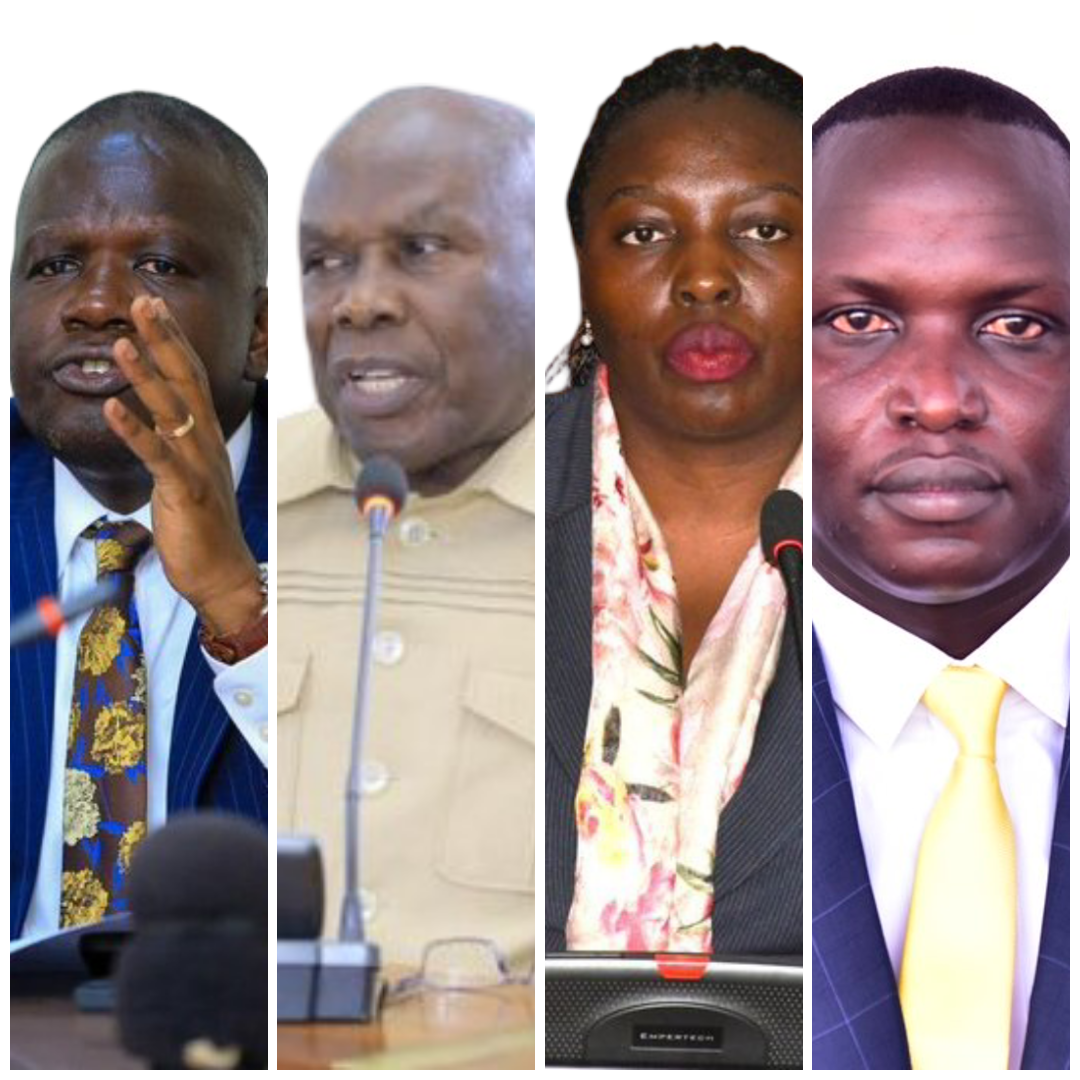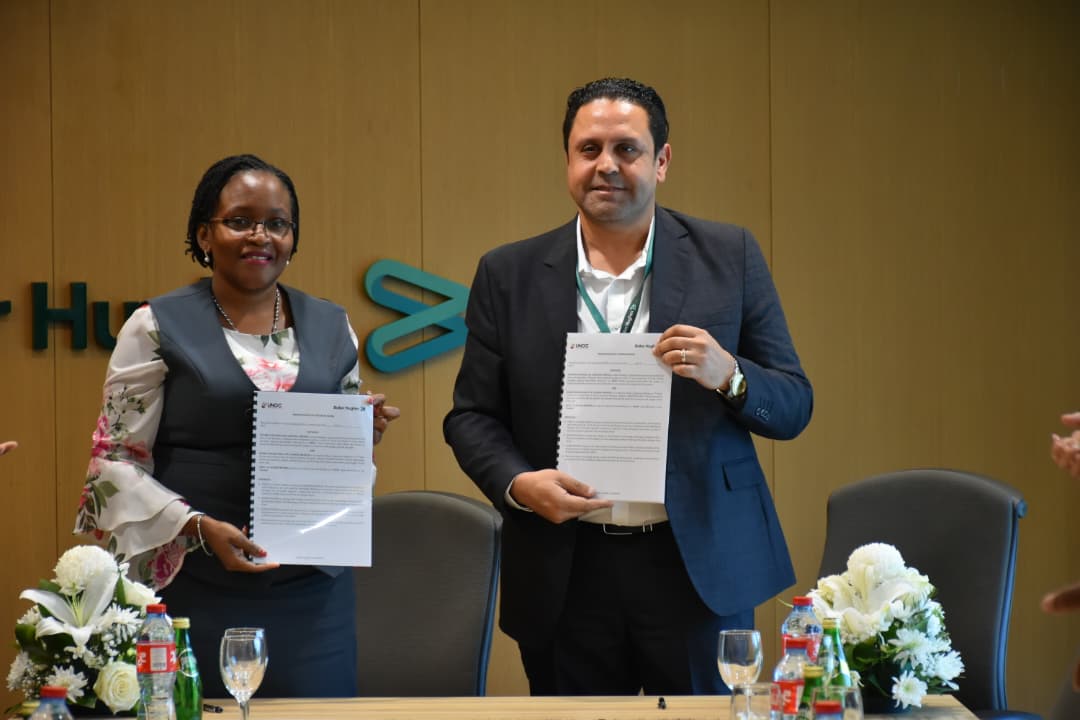Parliament’s environment committee slams government over UMEME buyout amidst massive arrears
The criticism stems from the fact that UMEME, the power distribution company, reportedly owes the Uganda Electricity Transmission Company Limited (UETCL) a staggering UGX 600 billion for electricity supplied.

Parliament’s Committee on Environment and Natural Resources has strongly criticized the government for its decision to pay USD 118 million (UGX 428.990 billion) to UMEME Limited as a buyout amount at the conclusion of its concession in March 2025.
The criticism stems from the fact that UMEME, the power distribution company, reportedly owes the Uganda Electricity Transmission Company Limited (UETCL) a staggering UGX 600 billion for electricity supplied.
The sharp rebuke came from Members of Parliament Patrick Aeku (Soroti County) and Herbert Ariko (Soroti East) during a crucial meeting on October 8, 2025.
The committee, alongside the Ministry of Energy and relevant electricity companies, was convened to address persistent public complaints about power blackouts across Uganda and to scrutinize the state of the nation’s electricity networks.
“Are we now saying that UMEME has suddenly changed to become international? You having shareholders who are international does not make you international. We operated with these people in the local space here. This is completely unacceptable,” Aeku declared, questioning the rationale behind the hefty buyout payment when significant debts remain outstanding.
Aeku further warned of dire consequences for service delivery if UMEME’s debt to UETCL remains unsettled. “Tomorrow we are now going to have problems with UETCL, they are going to tell you we are not performing because of this date. Now they may not be able to pay generation. Generation comes and says, but now we can’t generate transmission, has not paid us. Who are these directors of UMEME? They are here, let them come and give us the money, pay transmission, so that there is effective service delivery.”
The magnitude of UMEME’s alleged debt was revealed by Sidronius Okaasai, Minister of State for Energy. He informed the committee that UMEME owes UETCL approximately UGX 450 billion, excluding an additional UGX 91 billion from March 2025 invoices that are pending reconciliation between UMEME and the Uganda Electricity Distribution Company Limited (UEDCL). Furthermore, Minister Okaasai disclosed that UMEME had withheld around UGX 150 billion on account of arrears from Government Ministries, Departments, and Agencies (MDAs).
The dispute over UMEME’s arrears to UETCL has escalated to the London Court of Arbitration, as UMEME insisted on resolving the buyout amount dispute before addressing the outstanding payments. The government, however, did not concur with this sequencing, and the Ministry of Justice and Constitutional Affairs is now spearheading the matter.
Herbert Ariko, who also chairs the Parliament’s Committee on Environment and Natural Resources, expressed bewilderment at the government’s decision to disburse the buyout funds before UMEME settled its dues to UETCL.
He highlighted the potential impact on the operations of UETCL and questioned the government’s readiness to implement its stalled rationalization policy, which aims to merge Uganda Electricity Generation Company Limited (UEGCL), UEDCL, and UETCL into a single entity, Uganda Electricity Company.
“We don’t want transmission to join UEGCL when they are weak. So, one way or the other, all our companies must also receive what is due to them,” Ariko stated.
He questioned why the government did not adopt a similar stance to UMEME’s, by withholding payments until UMEME cleared its obligations to its service provider. “Why is it that at this stage is when it must be subject to the decision of the London Court of Arbitration?” he pondered.
Engineer Pauline Irene Bateebe, Permanent Secretary of the Ministry of Energy and Mineral Development, acknowledged that the government was aware of UMEME’s outstanding debt to UETCL prior to the buyout payment.
She explained that the lease and assignment agreement with UMEME had specific clauses regarding asset transfer and buyout payments, separate from UMEME’s power sales agreement with UETCL. Legally, mixing these two regimes due to contested amounts was deemed impractical.
“Payment of the buyout amount was a condition for asset transfer. So, if we hadn’t paid and on time, then Umeme would not have relinquished the assets for us to commence the operations,” Eng. Bateebe explained.
She emphasized that the government’s priority was to ensure continuity of electricity supply and to take possession of the assets, while addressing the contested amounts under the respective agreements.
However, Eng. Bateebe’s explanations did not fully appease the committee. Ariko questioned why UETCL, being a limited liability company with its own corporate personality, had not filed a counterclaim.
Bateebe clarified that the Attorney General had advised that the buyout dispute and the UETCL arrears are distinct matters, necessitating separate arbitration proceedings.
“When we go for arbitration, arbitration presupposes that there is going to be a way in which we get a win-win balance situation, but the other side we know that this relationship is not stable,” Ariko remarked, likening the buyout to “alimony” for a departing party.
He questioned the rationale behind continued arbitration when the relationship was effectively over and suggested pursuing commercial litigation given UMEME’s continued presence as a going concern in the country.
The decision to arbitrate the UETCL-UMEME dispute in London also drew sharp criticism from Patrick Aeku, who accused the Ministry of enabling the accumulation of debt without it appearing in UMEME’s financial records.
There is a big problem. You know, this London Court of Arbitration, first and foremost, it is for wasting time,” Aeku asserted. “If UETCL supplied Umeme with the power and issued invoices, why would I go to the London Court? If it is to the London Court, it is to negotiate the payout that you are discussing.”
The committee’s strong rebukes highlight deep concerns over financial mismanagement and potential implications for the stability and efficiency of Uganda’s electricity sector, particularly as the government grapples with integrating its key electricity entities.







